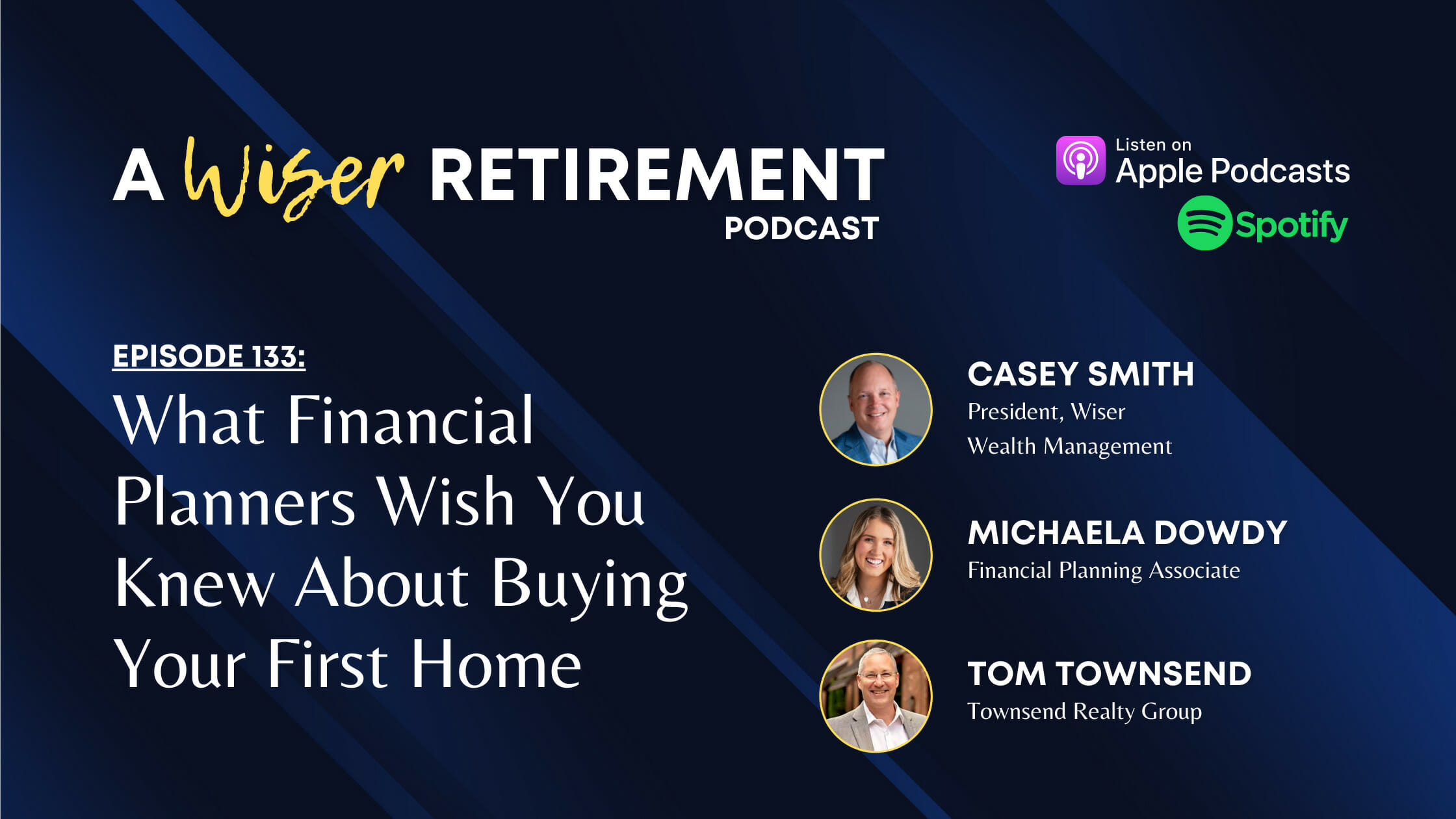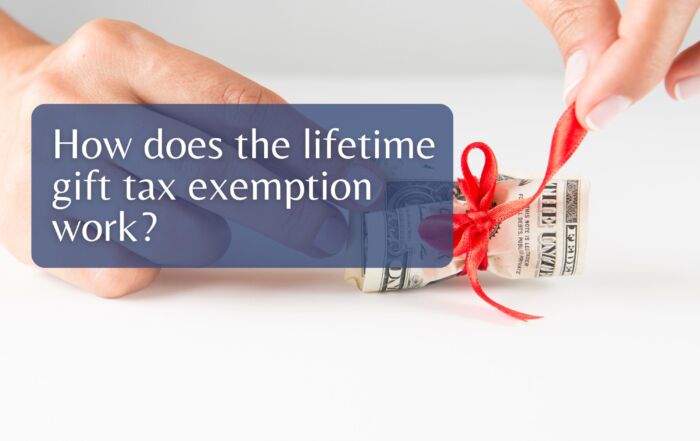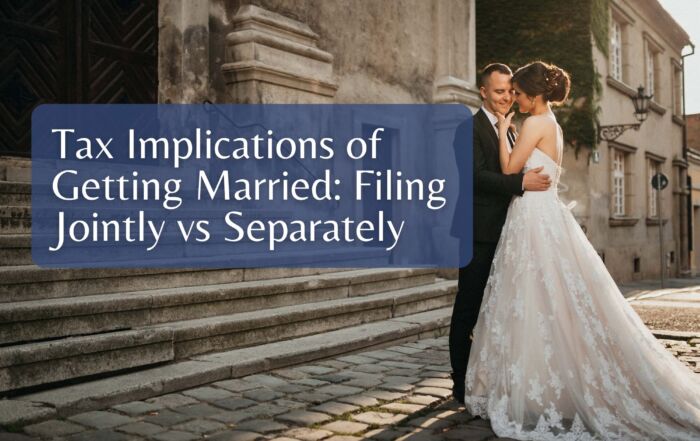
What Financial Planners Wish You Knew About Buying Your First Home
On this episode of A Wiser Retirement Podcast, Casey Smith and Michaela Dowdy are joined by special guest Tom Townsend of Townsend Realty Group. They discuss the current real estate market, 2023 real estate market predictions, and what financial planners wish you knew about buying your first home.
Listen on Apple Podcasts or watch on YouTube:
SUMMARY:
What Financial Planners Wish You Knew About Buying Your First Home
In the current the real estate market, there hasn’t been much movement. Real estate markets can be completely different from one area to another. It is always good to look local instead of just listening to what the news is saying about the real estate market country-wide. Right now we’re seeing a lot of migration across the country. Both coasts are moving into southeast regions like Texas and Arizona.
Where do young people go to buy a house?
With this in mind, where do young people go to buy a house? The housing market is high no matter where you look right now, which makes it difficult for young people to buy a house. This is pushing a lot more people to have to rent instead of buy. However, renting is often more expensive than a monthly mortgage would be.
2023 Real Estate Market Predictions
It’s hard to predict exactly what will happen with real estate in 2023, but the FED has made it clear that they want to squash demand in this market. We also have an election coming up that could affect the market. There are many factors that could impact the market. Currently, a lot of people are putting off moving or buying their first home because due to the uncertainty.
When we look at the supply and demand of housing locally, the demand has been a lot higher than the supply in recent months. Currently, interest rates are starting to bring the demand down a little bit. Demand is still higher than supply, but there isn’t as big of a disparity as there was. We’re currently in a waiting game to see if it will even out.
The housing market probably won’t go back down to what it was a few years ago. It might decrease a little bit, but it won’t drastically change. Unfortunately, this is most likely the new baseline. With this in mind, first-time home buyers may need to be a little flexible with what they are willing to buy. A fixer-upper home may be more affordable and worth the struggle if it can get you a better deal.
Investment Properties
There are two types of investment properties, rental properties and vacation rentals. There are pros and cons to both. Investing in a rental property is something you should plan to do for the long haul or else it isn’t worth it. The appreciation it gains works in your favor as well as the tax write off that you get for depreciation on the property. As for vacation rentals, you can adjust the price and make it higher because people tend to pay higher prices for going on vacation. However, there is a risk with a vacation rentals because of the higher vacancy rates.
Am I Financially Ready to Buy a Home?
One thing people don’t tell you about buying a home is there are a lot more payments than just your mortgage. When you own a property, you also have to maintain it. That is another reason rent is more expensive than a mortgage payment, you don’t have to pay for the upkeep of the property. You should budget anywhere from $500-$1000 a month to upkeep your property.
There are monthly expenses and there are long-term expenses for a house. Lawn care and gardening could be monthly expenses whereas fixing your roof or repaving your driveway are long-term expenses. Both are necessary to keep your property maintained. Unfortunately, much like the housing market, expenses for improvements have also gone up drastically. Prepare to be flexible and budget out for these expenses.
Strive to be Debt Free
Homes are expensive you don’t want to have to worry about a ton of debt on top of your mortgage. Pay off your credit card debt, student loans, car payment, or whatever else to go into the homeowner experience debt free. Along with this, it might be wise to look into a 15-year mortgage instead of a 30-year mortgage. Doing this could save you a lot of money in interest rates. Along with being debt free, start saving early.
Something to keep in mind is that your first home should not be looked at as an investment property. They are two totally different things, and there are oftentimes too many emotions tied in with your first home that it couldn’t be an investment property. Buy your first home for your future and turn it into whatever you want.
The Down Payment
When you are ready to buy a house, you also have to be ready to pay the down payment. If you decide to only put up 10% at first, you will probably have another cost called PMI. To get around this, it may be a good idea to save for a 20% down payment. This will give you more credibility and the banks won’t be as nervous to lend you money. If you can’t put 20% down, try to have the plan to pay your house off early. Do what you can to reduce the overall costs of the house.
Programs are coming out every day because of the increasing rates. If you’re a first-time home buyer, there are additional credits for you as well. These are all reasons to go to a mortgage broker instead of a bank. A broker will show you all your options whereas a bank usually has one option and typically the requirements to qualify are higher.
Download our white paper on “Your Path to a Lifetime of Financial Success”
TIMESTAMPS:
0:00 Intro
1:00 What Financial Planners Wish You Knew About Buying Your First Home
4:07 Next Year Predictions
10:2- Investment Properties
16:13 Am I Financially Ready to Buy a Home?
22:25 Strive to be Debt Free
30:21 The Down Payment
LINKS:
Learn more about Casey Smith, Brad Lyons, CFP, and Michaela Dowdy.
CONNECT:
Twitter, Instagram, Facebook, LinkedIn, and YouTube.
Learn more about A Wiser Retirement podcast and access previous episodes.
Share This Story, Choose Your Platform!
Wiser Wealth Management, Inc (“Wiser Wealth”) is a registered investment adviser with the U.S. Securities and Exchange Commission (SEC). As a registered investment adviser, Wiser Wealth and its employees are subject to various rules, filings, and requirements. You can visit the SEC’s website here to obtain further information on our firm or investment adviser’s registration.
Wiser Wealth’s website provides general information regarding our business along with access to additional investment related information, various financial calculators, and external / third party links. Material presented on this website is believed to be from reliable sources and is meant for informational purposes only. Wiser Wealth does not endorse or accept responsibility for the content of any third-party website and is not affiliated with any third-party website or social media page. Wiser Wealth does not expressly or implicitly adopt or endorse any of the expressions, opinions or content posted by third party websites or on social media pages. While Wiser Wealth uses reasonable efforts to obtain information from sources it believes to be reliable, we make no representation that the information or opinions contained in our publications are accurate, reliable, or complete.
To the extent that you utilize any financial calculators or links in our website, you acknowledge and understand that the information provided to you should not be construed as personal investment advice from Wiser Wealth or any of its investment professionals. Advice provided by Wiser Wealth is given only within the context of our contractual agreement with the client. Wiser Wealth does not offer legal, accounting or tax advice. Consult your own attorney, accountant, and other professionals for these services.





